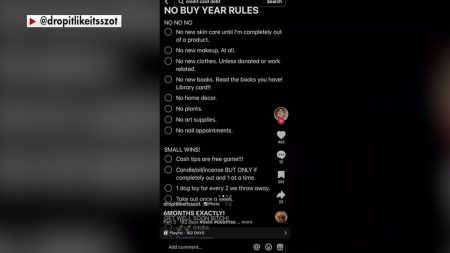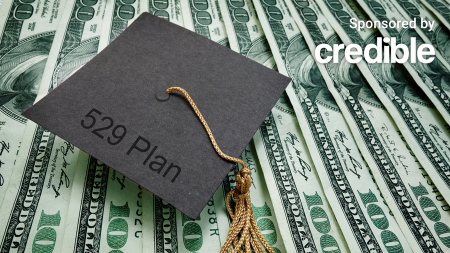The arrival of spring means a new group of college graduates will soon be entering the workforce in earnest and facing financial choices that will impact their futures.
Between planning for retirement, saving for other goals like purchasing a home or raising children, dealing with student loans and managing their credit, new college graduates who may be inexperienced in handling their finances will have to proceed strategically, or they may have to regroup to meet their financial goals.
“There’s a plethora of students that really struggle financially because a lot of them are graduating with debt, a lot of them don’t come from affluent families,” Abbe Large, senior vice president at Lenox Advisers, told FOX Business.
“I think it’s a very small percentage of people who are able to just right out of the gate start doing all of these things,” she added. “Just identifying short- and long-term goals and keeping loan debt in perspective is just one component of everything we’re talking about here. You’ve got to think about the financial responsibilities to yourself and to any people who depend on you.”
MAJORITY OF US COUPLES DO NOT HAVE AN ESTATE PLAN, STUDY FINDS
Large discussed a range of financial issues facing recent college graduates as they enter the workforce in an interview with FOX Business.
Read on for her insights on investing for retirement, managing credit and debt, as well as saving for other needs and goals:
Saving for retirement
“At the end of the day, you shouldn’t delay retirement savings. For people who have base salaries and bonuses, a lot of people just take their entire bonus and save it. I think the fact is that retirement, believe it or not, will be here sooner than you realize and starting to save earlier rather than later can have a very powerful impact over time because of compounding.”
“Contributing to any workplace retirement account is fantastic, especially if there’s an employer match, because otherwise you’re leaving free money on the table – if the employer is going to match something that’s something you definitely want to take care of… If there’s an employer match that’s a home run.”
TAX REFUNDS UP FROM 2023; MOST AMERICANS PLAN TO PAY DOWN DEBT OR SAVE

“With retirement savings, I think mentally the kids need to think that this is a monthly expense for them and they’re really just spending money on themselves. A lot of kids use their money to go out to buy and spend – but I think the mindset should be ‘let’s go shopping for stocks’ and instead you’re shopping for investments, and that can be a lot of fun.”
“Systematic investing should be more diversified. The diversification piece is key. Having exposure to different sectors and different money managers is a plus… I think that ETFs and mutual funds and things like that are a fantastic choice.”
US HIGH SCHOOLERS WANT FINANCIAL EDUCATION, BUT MANY SCHOOLS DON’T OFFER IT: SURVEY
Other savings
“Building an emergency fund: Life is unpredictable and any unplanned financial expense can definitely put a deeper debt into an emergency cash reserve. So just focusing on saving up to cover at least 3 to 6 months worth of essential living expenses is a smart thing to do.”
“Once the emergency fund and the retirement savings are under control, you can really start to focus on other long-term goals. Maybe you hope to own a home someday, or want to plan to help pay for your own child’s college education or you have other financial aspirations that are important to you. I think it’s important to target the base first and then you can expand from there.”
AMERICANS SHOULD INVEST AT ANY AGE: ‘IT’S NEVER TOO LATE’

Managing credit & debt
“It’s useful to establish a strong credit history and using your credit card wisely, because if you’re not using it wisely it can really make debt and the payment situation even worse. Search for favorable rewards programs and don’t spend more than you can pay off each month is definitely key.”
“I think paying outstanding credit card debt which is usually subject to higher interest rates should also be a high priority as well… Consolidating outstanding credit card debt is one way to lower the interest rate.”
“If you choose to pay off student loan debt more aggressively and if it makes financial sense for their situation, you could start with the highest interest rate loans first, only paying the minimum on the lower interest rate loans – that’s one strategy. It also usually makes sense to focus on paying off private and variable rate loans before moving to federal and fixed rate loans.”
“Beware of lifestyle creep, just spend wisely and understand where your money is going. Kids that make more money, they tend to spend more money – it’s a natural part of wanting to enjoy your increases in your discretionary income. But you have to make sure that luxuries aren’t becoming new necessities unnecessarily, if you will.”
Read the full article here















